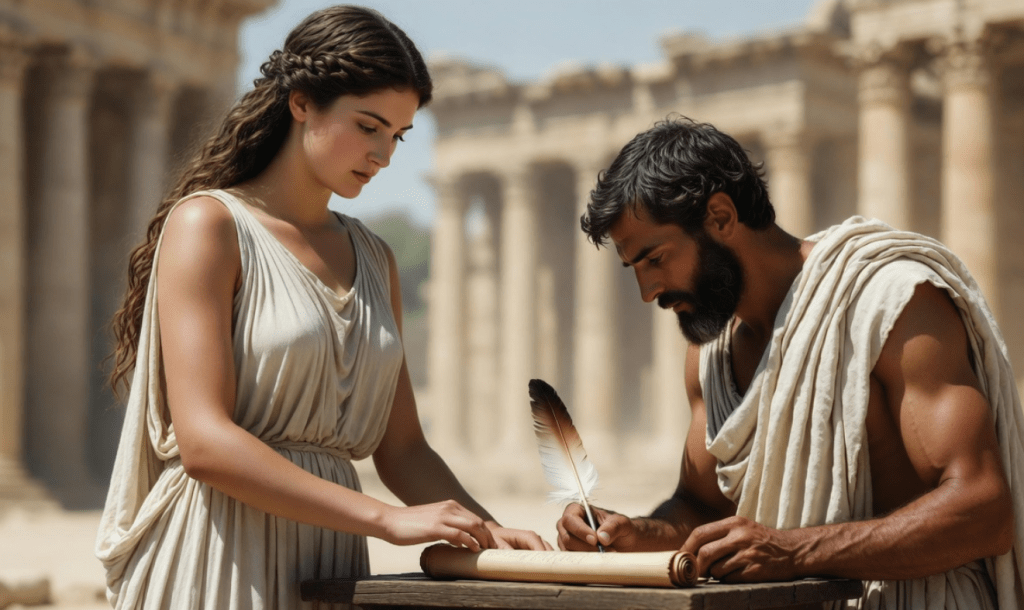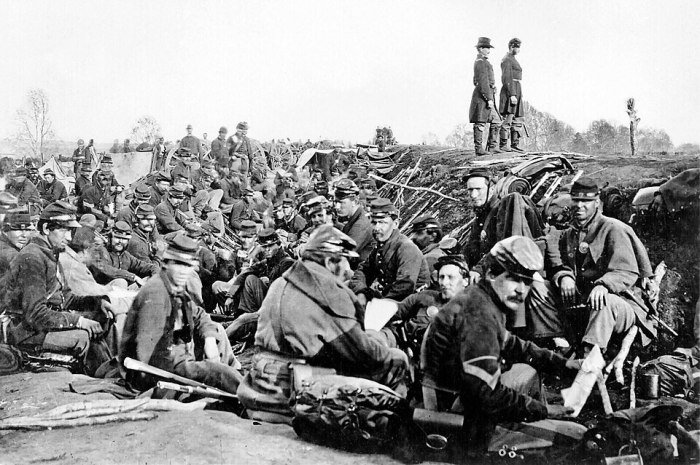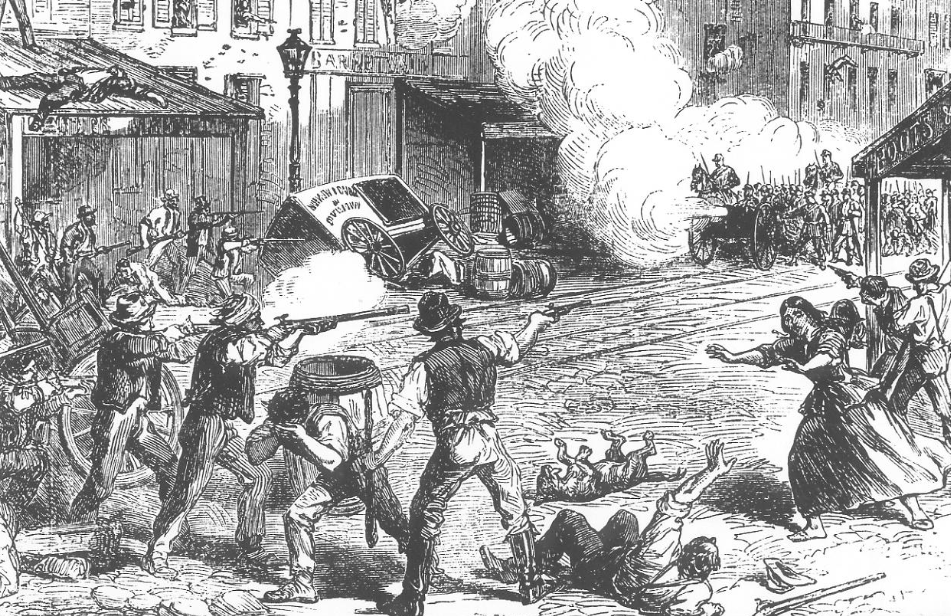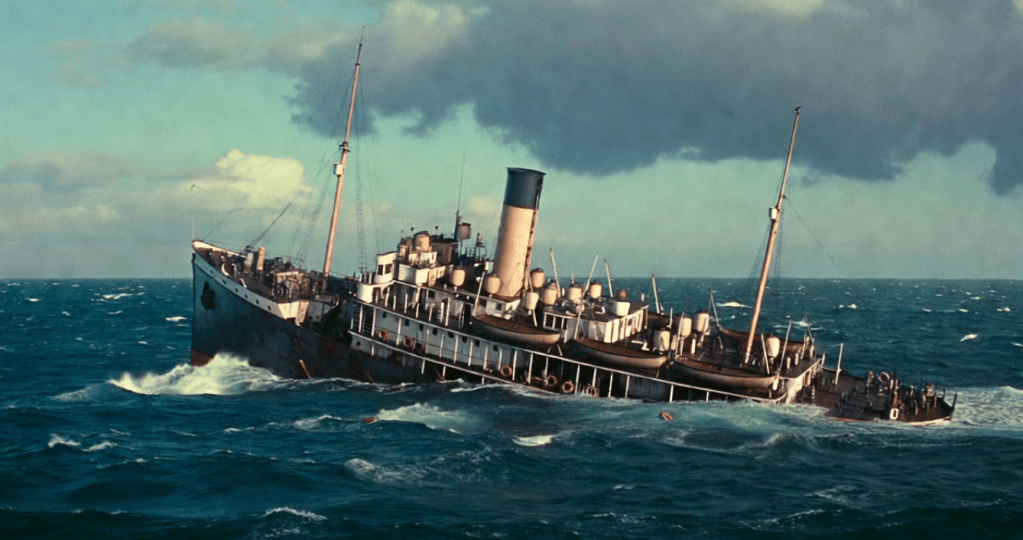
If someone were to ask me why I read history, my reply would be in three words: solace, advice, and examples for our edification. Let me explain further.
Continue reading
If someone were to ask me why I read history, my reply would be in three words: solace, advice, and examples for our edification. Let me explain further.
Continue reading
Poetry is not the “draw” it once was. In the nineteenth century, it was relatively common for poetic works to be taught in schools, to be memorized in whole or in part, and to be the subject of public readings. No longer. One would today be hard-pressed to name any modern poets who have achieved the same level of notoriety that successful writers of prose have attained. We no longer hear of poets commemorating notable events or celebrating public figures; school children are not required to memorize verses; and a general air of archaism seems to hover over the literary form. What is produced seems bereft of recognizable meter, allure, or skill in creation.
Continue reading
In the thirty-fourth canto of Dante’s Inferno, our intrepid tourists Dante and Virgil find themselves at the very bottom of Hell’s ninth circle, known as Judecca, a name derived from Judas Iscariot. With his enthusiasm for classification and categories, Dante has given us names for the different parts of the ninth circle, in which are housed particular types of traitors: Caina (for traitors to family), Antenora (for traitors to country), Ptolomaea (for betrayers of guests), and Judecca (for traitors to benefactors).
Continue reading
The two greatest artistic productions to come out of the American Civil War were Alexander Gardner’s Photographic Sketch-Book of the War, and Herman Melville’s poetic masterpiece, Battle-Pieces and Aspects of the War.
Continue reading
I read recently a fascinating tale of nautical survival. In 1965, six teenage Tongan boys were shipwrecked on the uninhabited island of Ata in the Tongan Archipelago of Polynesia. After stealing a boat, they had encountered a storm which deposited them on the island without any means of communication with the outside world.
Continue reading
Canto XXVI of Dante’s Inferno takes place in the eighth bolgia (ditch) of the Eighth Circle of Hell. Here reside those guilty of providing fraudulent or deceitful counsel. In life, these souls used their persuasive abilities to harm or destroy others; and, in keeping with Dante’s attention to the principle of contrapasso, their punishment in Hell fits their crimes during life. As they once used their tongues for malicious speech, so in the afterlife are their souls “tongued” forever with flame.
Continue reading
We begin with a few recommendations on books and resources to use in understanding Dante’s Divine Comedy. Then we switch gears, and get into the meat of the podcast. It seems we become substantially different people every seven to ten years, more or less. We may feel self-conscious or uncomfortable about the things we said, wrote, or believed when we were younger. Is it normal to feel this way? And is it better to preserve a record of one’s thought, or to renounce beliefs one no longer holds? We discuss both sides of the question.
Continue reading
New York City, like all large cities, has experienced a number of riots in its long history. But the Draft Riots of 1863 surpassed every other upheaval, before or since, in unadulterated ferocity.
Continue reading
It is at moments of unremitting extremity that we discover our true natures. The tragic loss of the British ship Stella in 1899 provides an illustration of this principle. The story appears in a 1962 volume of nautical lore entitled Women of the Sea by the maritime writer Edward R. Snow; but since the book has long been out of print, it will be retold here in abbreviated form, with Mr. Snow’s account as my primary source.
Continue reading
You must be logged in to post a comment.